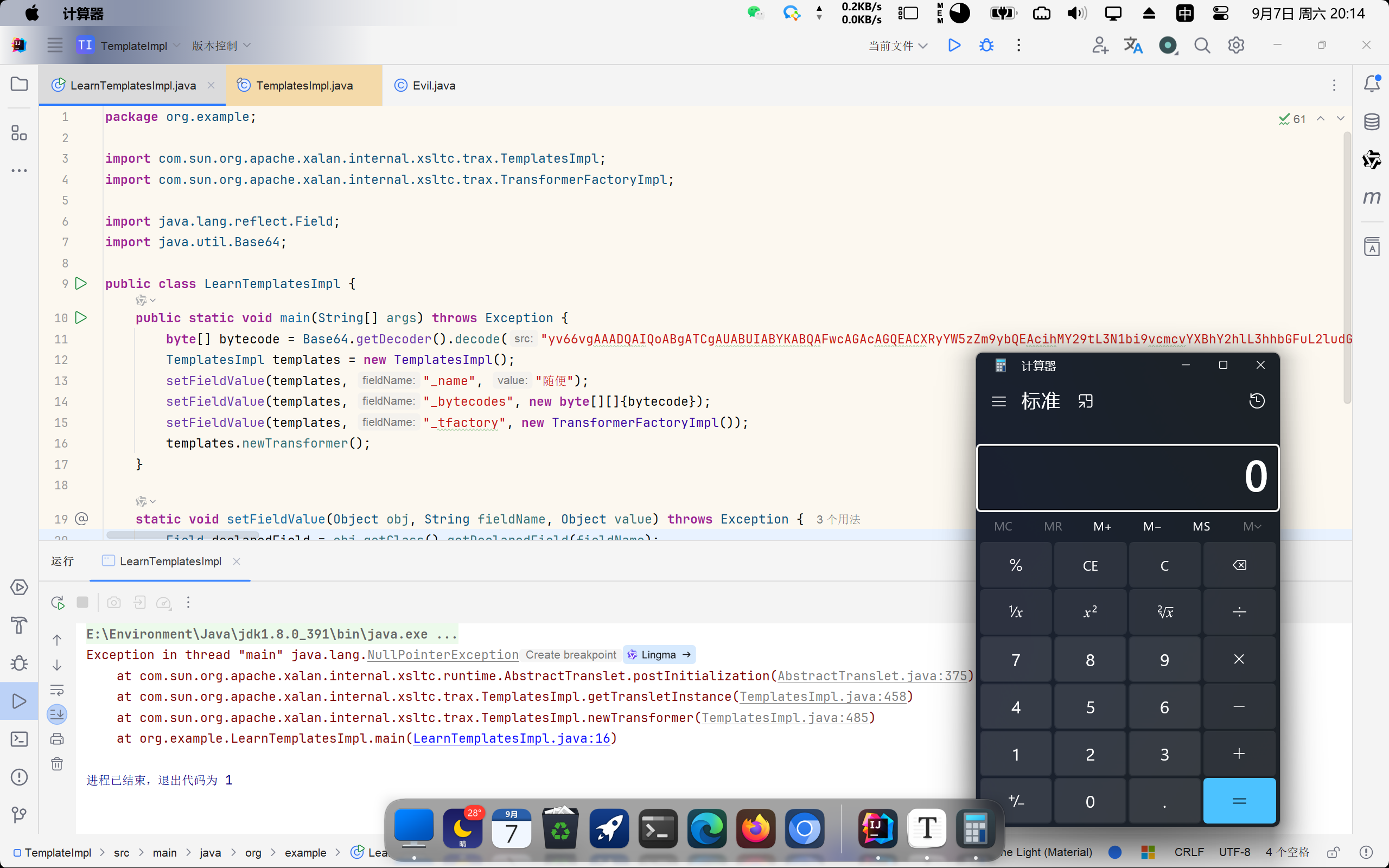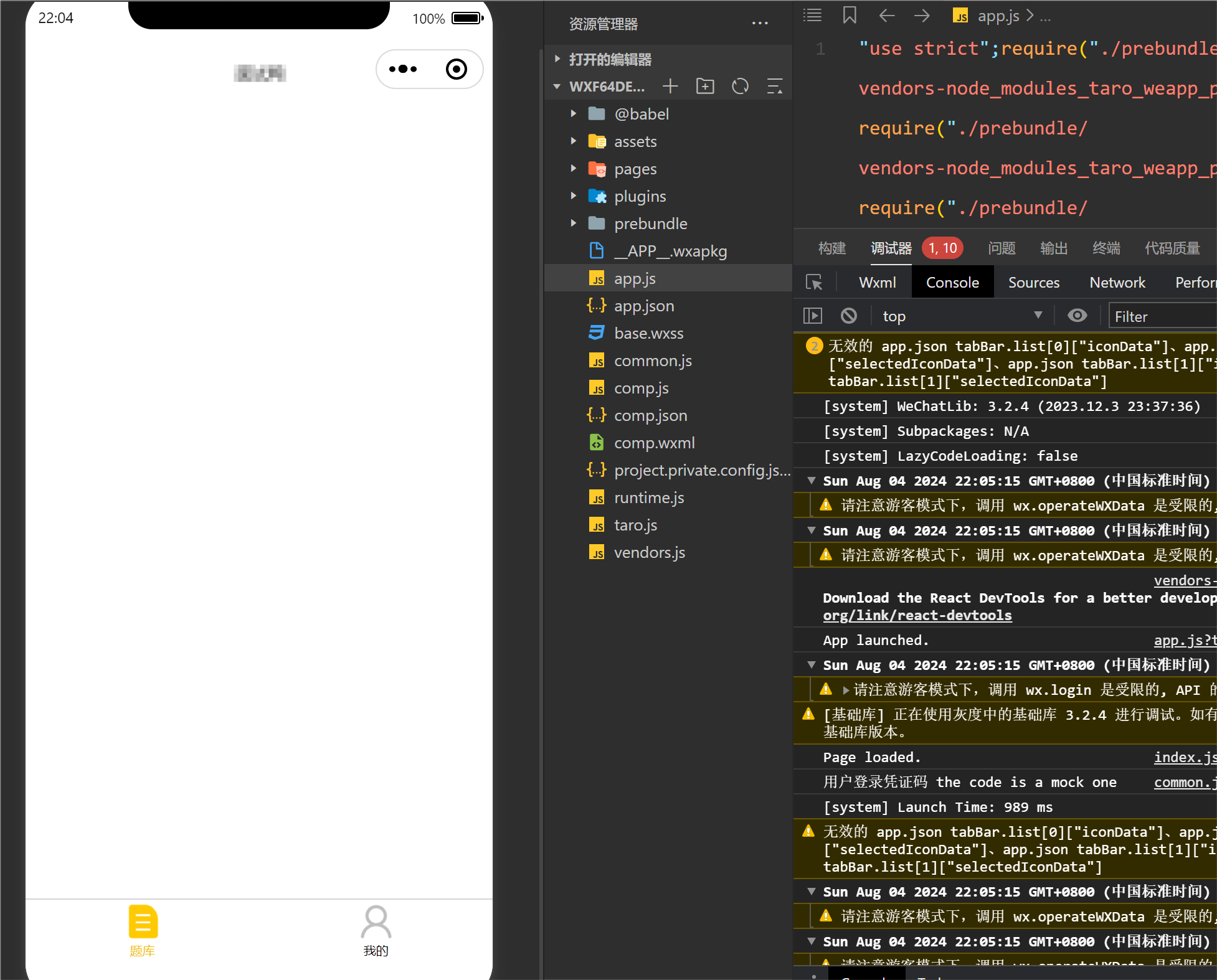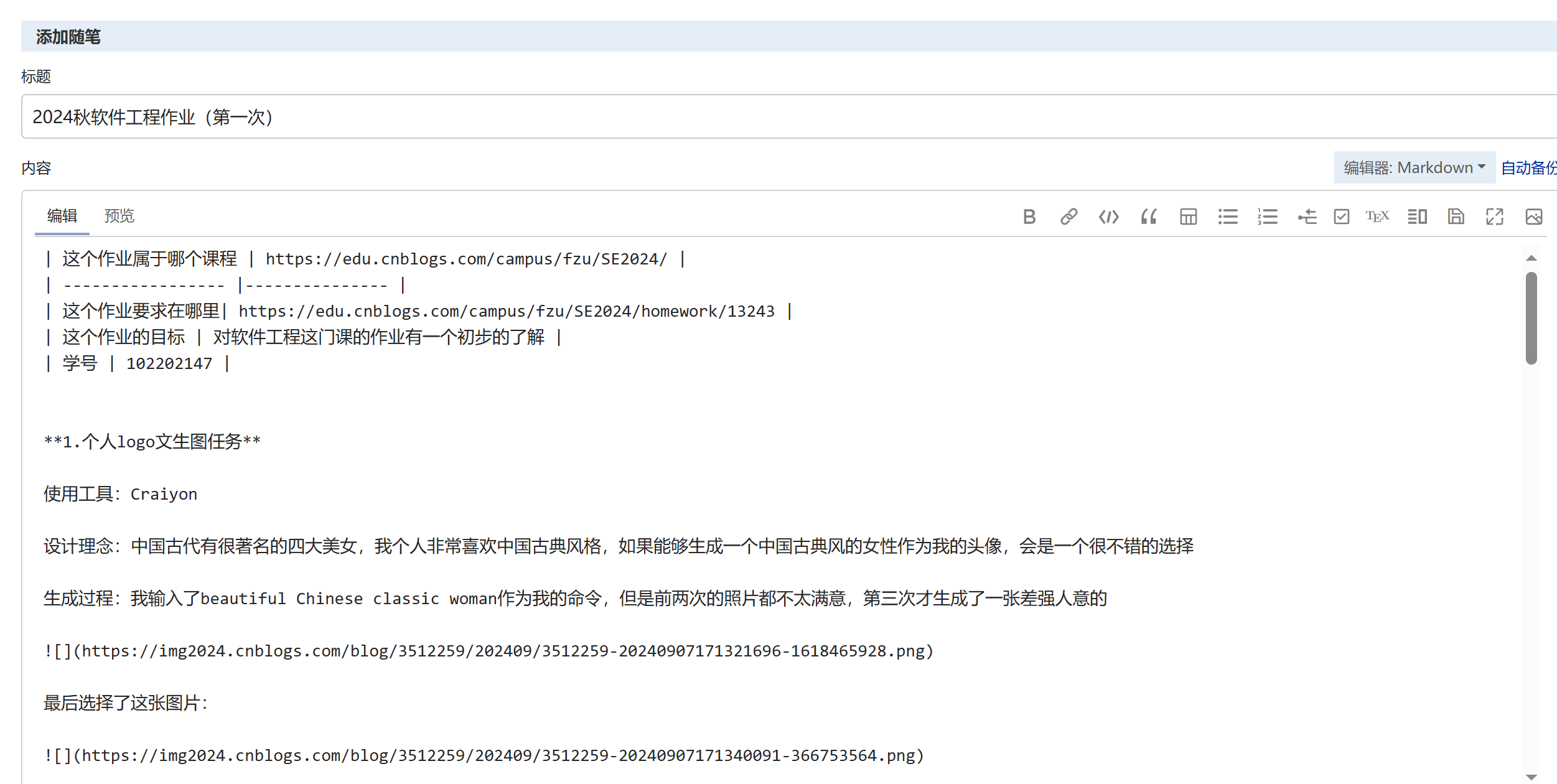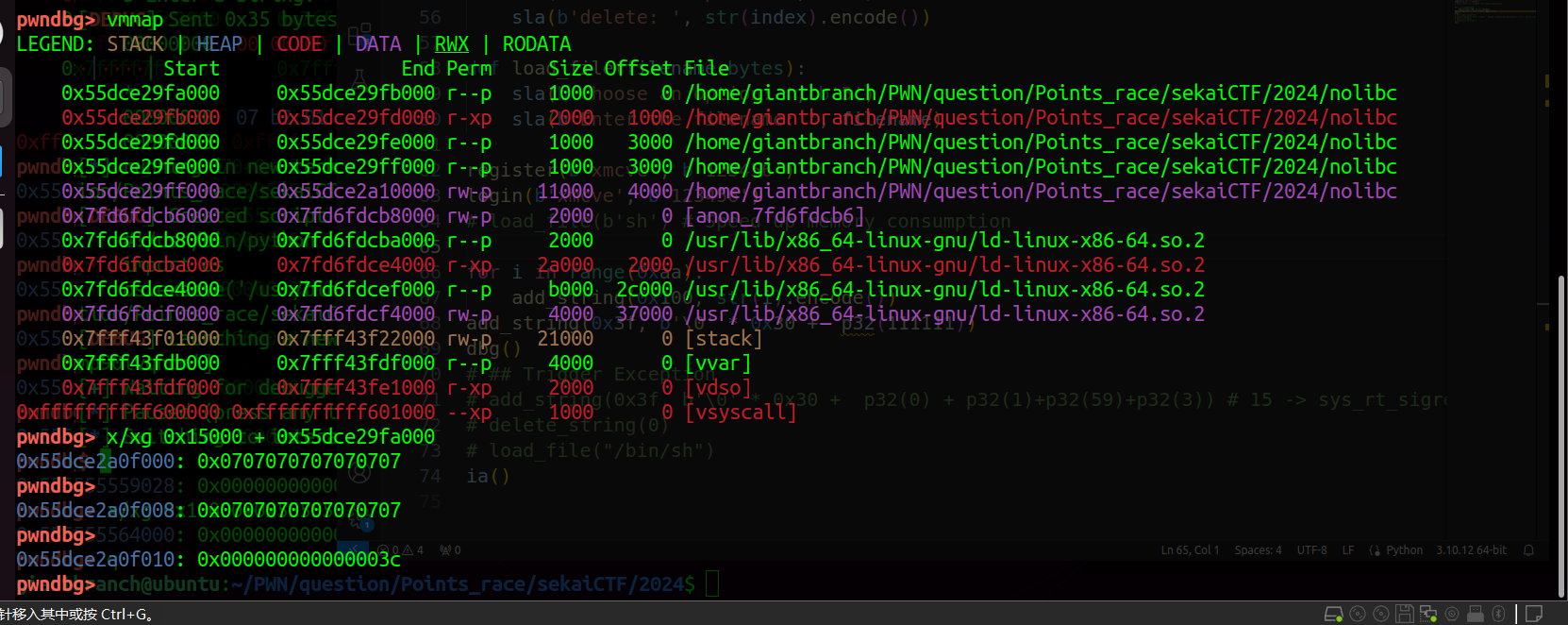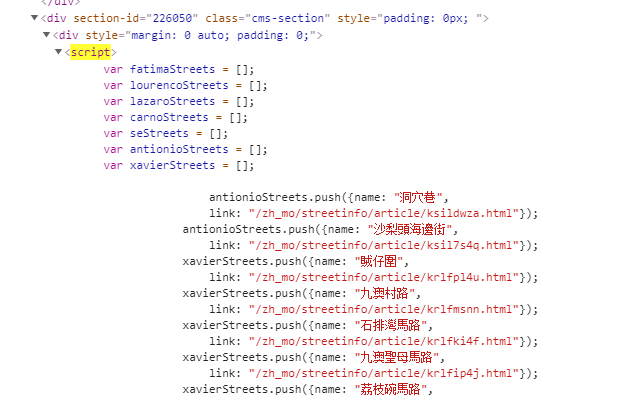1. 对象使用之前进行初始化
void Test00() {int x = 0;const char* text = "A C-style string";double d;std::cin >> d; }
1. 使用初始化列表进行初始化
2. baseClass的初始化早于derivedClass
3. class的成员变量总是以声明的顺序进行初始化,而不是在成员初值列中的顺序
class PhoneNumber {};class ABEntry { public:ABEntry() :theName(), theAddress(), thePhones(), numTimesConsulted(0){}ABEntry(const std::string& name, const std::string& address, const std::list<PhoneNumber>& phones) :theName(name), theAddress(address), thePhones(phones),numTimesConsulted(0){} private:std::string theName;std::string theAddress;std::list<PhoneNumber> thePhones;int numTimesConsulted; };
1. 初始化次序的重要性,tfs在tempDir之前先被初始化,否则tempDir的构造函数会用到尚未初始化的tfs
2. 定义并初始化一个local static对象,以免除"跨编译单元之初始化次序"
class FileSystem { public:size_t numDisks(){return 1u;} }; FileSystem& tfs() {static FileSystem fs;return fs; }class Directory { public:Directory(){std::size_t disks = tfs().numDisks();} };Directory& tempDir() {static Directory td;return td; }
![[c++][笔记]浅谈几种排序方式---冒泡排序,选择排序,桶排序](https://i-blog.csdnimg.cn/blog_migrate/bc8a9912f213fb0724dd4bd4db3a4331.gif)
